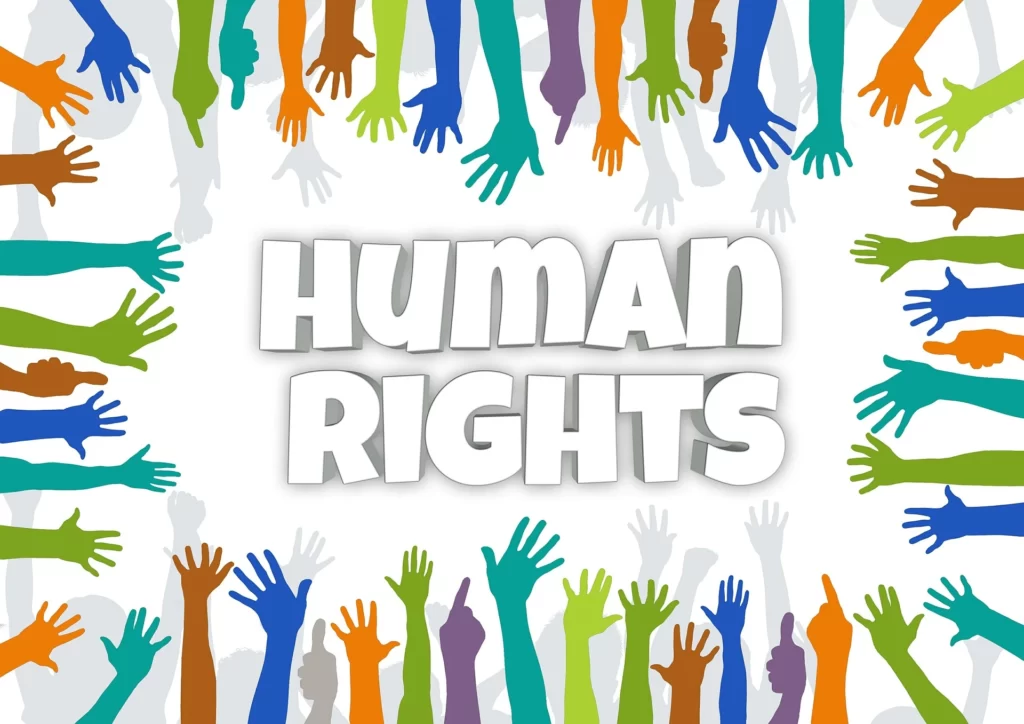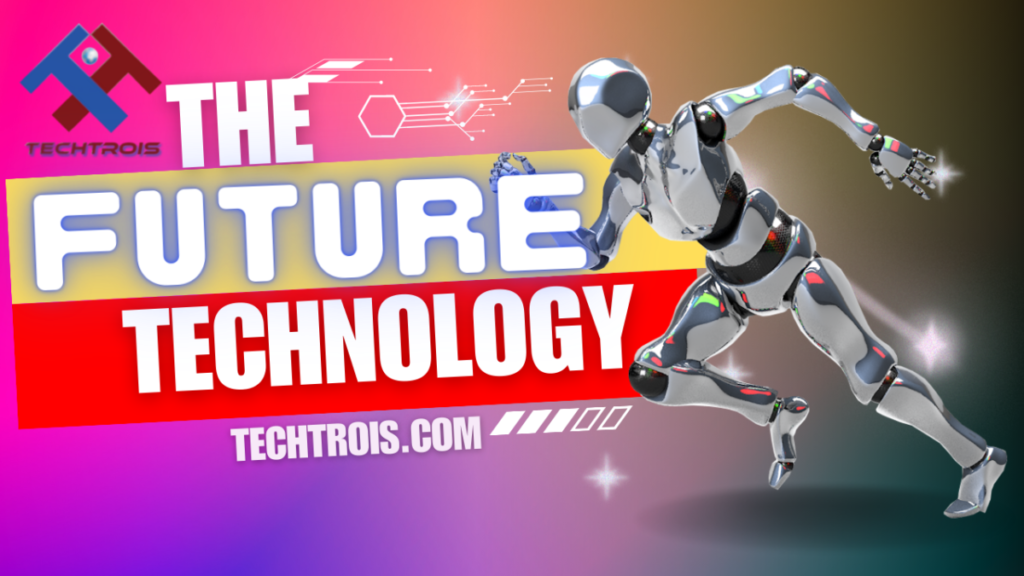Artificial Intelligence and Human Rights: two seemingly unrelated domains, yet their intersection has become a prominent topic of discussion. As AI technologies continue their rapid advance, they raise complex questions about how they impact the fundamental rights we hold dear. In this blog post, we will delve into the intricate relationship between Artificial Intelligence and Human Rights, exploring the challenges that arise and proposing viable solutions to uphold our fundamental liberties.
The Intersection of Artificial Intelligence and Human Rights
AI’s Ubiquity in Modern Life
Artificial Intelligence and Human Rights are increasingly intertwined, touching upon several aspects of our daily lives. While AI innovations promise convenience, efficiency, and progress, they also give rise to profound human rights challenges.
Artificial Intelligence and Human Rights: Privacy Predicaments
In an era where data is the new currency and our right to privacy faces unprecedented threats. AI systems often require access to extensive amounts of personal data to function effectively, triggering legitimate concerns about data privacy and control.
Artificial Intelligence and Human Rights: The Bias Conundrum
Bias in AI algorithms can perpetuate and even exacerbate existing prejudices. This poses a significant threat to fairness and equality, especially in domains like hiring, lending, and criminal justice.
Artificial Intelligence and Human Rights: Freedom of Expression at Risk
Content filtering algorithms employed by social media platforms wield tremendous influence over the information we consume. However, their operation can inadvertently curtail freedom of expression by censoring content or amplifying specific viewpoints.
Artificial Intelligence and Human Rights: The Challenge of Accountability and Transparency
AI’s inherent complexity raises questions about accountability. Understanding how AI systems make decisions becomes paramount, ensuring that individuals can challenge or query automated choices.
Challenges in Addressing AI-Related Human Rights Issues
The Complexities of Progress
The challenges that stem from the fusion of Artificial Intelligence and Human Rights are multifaceted and continually evolving. Several hurdles must be overcome:
Rapid Technological Advancements
The breakneck pace of AI innovation outstrips the development of corresponding legislation and regulations, leaving us with a legal framework struggling to keep up.
Lack of Ethical Frameworks
While we acknowledge the importance of ethical considerations in AI development, standardized ethical frameworks are still in their infancy, creating ambiguity and uncertainty.
Global Variability
Different countries adopt distinct approaches to AI regulation and human rights protection, making it a challenge to establish universal standards.
Solutions to Uphold Human Rights in the Age of AI
Balancing Innovation and Protection
Addressing AI-related human rights challenges necessitates a delicate balance between fostering innovation and protecting individual rights. Here are some potential solutions:
Robust Data Protection Regulations
Implement and enforce comprehensive data protection laws that empower individuals to control their personal data and dictate how it’s collected and used.
Fairness and Accountability
Develop AI systems with fairness and accountability as central tenets. Employ audibility, transparency, and algorithmic impact assessments to identify and mitigate biases.
Ethical AI Development
Promote ethical AI development practices by establishing clear guidelines and codes of conduct for developers, researchers, and organizations working with AI.
International Collaboration
Encourage collaboration among governments, organizations, and researchers on AI regulation and human rights standards to create a global framework.
Public Awareness and Education
Raise public awareness about AI-related human rights issues and educate individuals about their rights in the digital age.
FAQ about Artificial Intelligence and Human Rights
Q1: Can we use AI for offensive purposes in violation of human rights?
Answer: Yes, AI can potentially be used for offensive purposes, such as developing sophisticated cyber weapons. This necessitates careful regulation and international agreements.
Q2: How can bias in AI systems be mitigated within organizations?
Answer: Addressing bias requires thorough data selection, rigorous model evaluation, and ongoing monitoring. Organizations must prioritize fairness in their AI systems.
Q3: Are there international agreements on the use of AI in human rights contexts?
Answer: While discussions on the ethical use of AI in human rights occur at international forums, comprehensive agreements are still evolving.
Q4: What measures are in place to protect AI systems used in sensitive human rights contexts from cyber threats?
Answer: Organizations implement robust cybersecurity measures to protect AI systems from cyberattacks, including continuous monitoring and threat detection.
Conclusion
The coalescence of Artificial Intelligence and Human Rights presents both opportunities and challenges. Achieving a harmonious balance between innovation and protection is essential to ensure that AI technologies enrich our lives without compromising our fundamental rights. By carrying out strong guidelines, complying with moral principles, and cultivating global collaboration, we can explore the intricacies of this advancing scene. In doing so, we will guarantee that the advantages of artificial intelligence are acknowledged while maintaining the privileges and values we appreciate as people.



